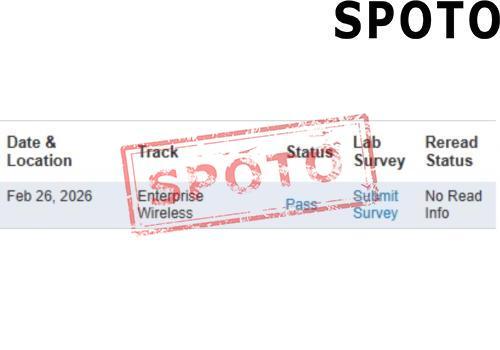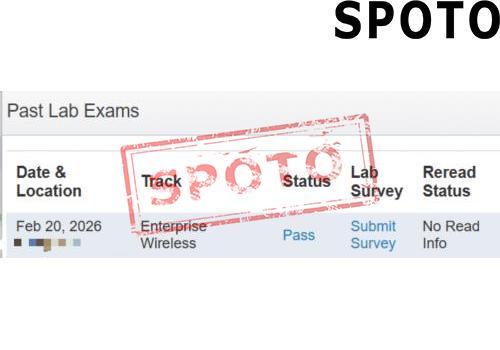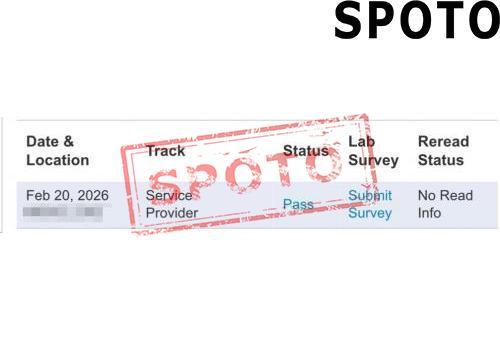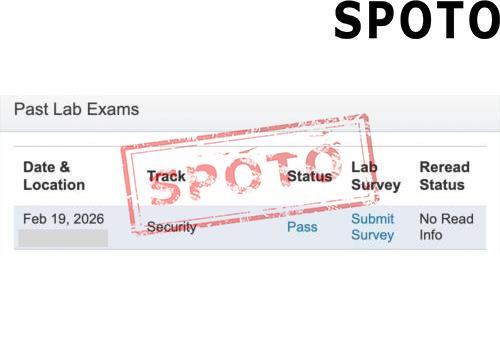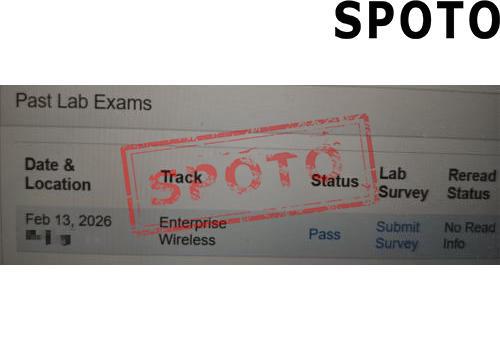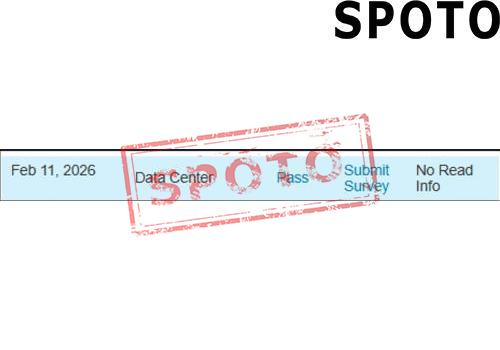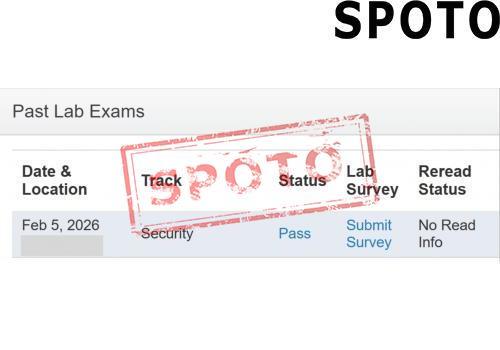
Table of Contents
1. What is a security architect?
Security architects are professional IT personnel who are responsible for designing, building and maintaining the overall network system of an organization. They guard against various potential threats and are key players in the field of network security. As a security architect, you not only need to develop security strategies that meet business needs, but also build a technical architecture to ensure the safe operation of information systems, networks and data. This position is a senior core position in any network security team and is a key force in ensuring the integrity and sustainability of the enterprise security system.
Security architects are responsible for designing and continuously updating the organization's overall cybersecurity strategy to respond to the ever-changing threat landscape. They need to introduce new security software or hardware to develop reasonable budget plans, and lead the planning and implementation of various security improvement projects. In actual work, security architects also need to supervise and optimize security testing strategies, including regular vulnerability scans and penetration tests to assess system weaknesses. At the same time, they will regularly conduct threat intelligence analysis to understand potential risks and adjust defense measures in a timely manner. In addition, managing and guiding the cybersecurity team and coordinating resources from all parties are also one of their core responsibilities. To ensure that the organization's network system can operate in compliance, security architects must also ensure that various security measures comply with applicable laws, regulations and industry standards.
2. Security architect salary and job outlook
The average hourly wage for a Security Architect in the United States is $71.80. Security Architect hourly wages can range as high as $103.61 and as low as $14.18. The average salary range for a Security Architect varies greatly (as much as 18%), which means there may be many opportunities for advancement and increased pay for a Security Architect based on skill level, location, and years of experience. As organizations' demands for cybersecurity rise and investments in cybersecurity increase, the job market's demand for security architects continues to grow. The U.S. Bureau of Labor Statistics (BLS) predicts that the job outlook for computer and network architects will grow by 5% from 2020 to 2030. Overall, the job market's demand for security architects will remain stable and show an overall upward trend.
3. Key skills for a security architect
Technical Skills: Proficiency in network security technologies such as firewalls, intrusion detection systems, and virtual private networks (VPNs). Knowledge of operating systems, programming languages, and database administration is also required. Analytical Skills: Ability to analyze complex security data and identify trends, patterns, and potential threats. Strong problem-solving skills are necessary to effectively resolve security issues. Communication Skills: Good communication skills are required to report security incidents and findings to technical and non-technical stakeholders. Knowledge of Security Frameworks and Standards: Familiarity with industry-recognized security frameworks and standards.
4. How to become a security architect?
First, you need to understand security framework engineers and make a career plan. Generally speaking, security architects are not entry-level positions. Security architects are expected to have 5 to 10 years of experience, at least a few years of which are focused on cybersecurity. These should be researched to develop a personalized career plan. Then, you need to learn that to become a security architect, students should at least obtain a bachelor's degree in a related field. It is entirely up to the individual to choose the right courses to promote career development. A bachelor's degree in cybersecurity or a bachelor's degree in computer science are both advantageous majors for becoming a security framework engineer. Secondly, workplace experience is also very important, which requires you to deliberately accumulate relevant experience in school and work in order to help you find a job. It is worth noting that authoritative certification can help you become a security framework engineer because authoritative certification can provide endorsement of your professional ability.
5. Authoritative certification for security architect
As Cisco's top expert certification in the security field, CCIE Security certification plays an important role in becoming an excellent security architect. Through CCIE's systematic training, engineers not only have solid practical skills, but also can think about the planning and deployment of security systems from the perspective of the overall architecture.
